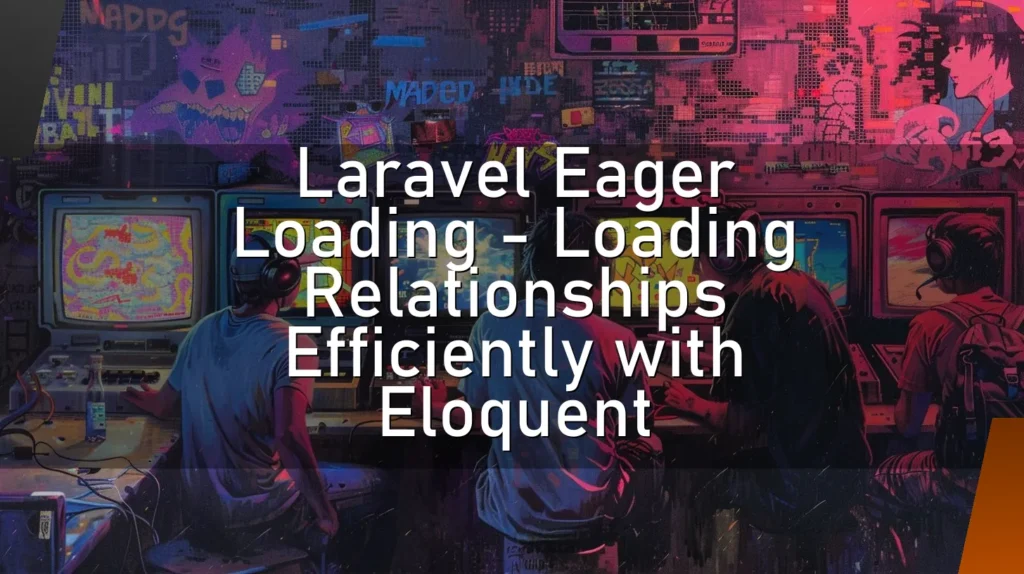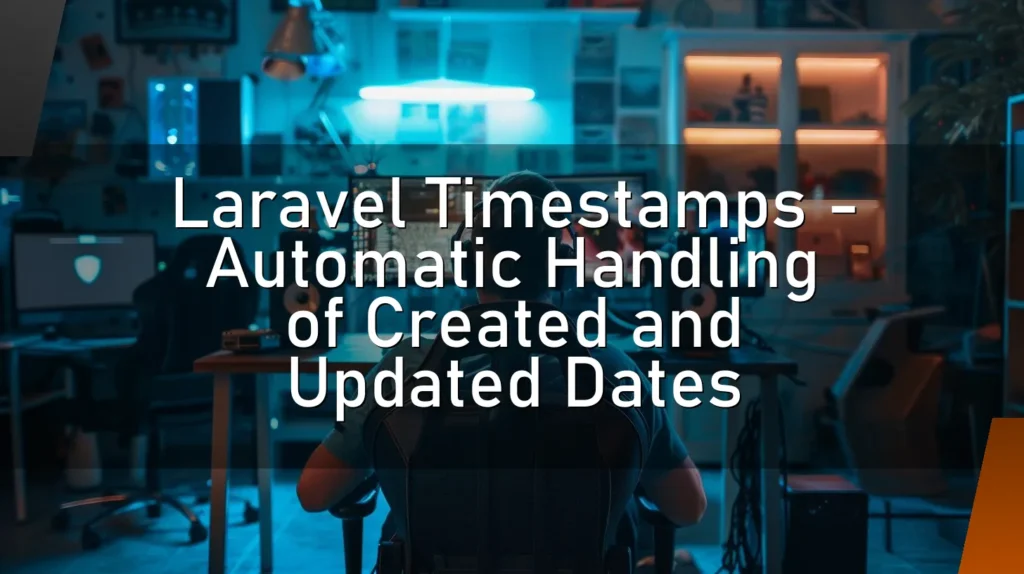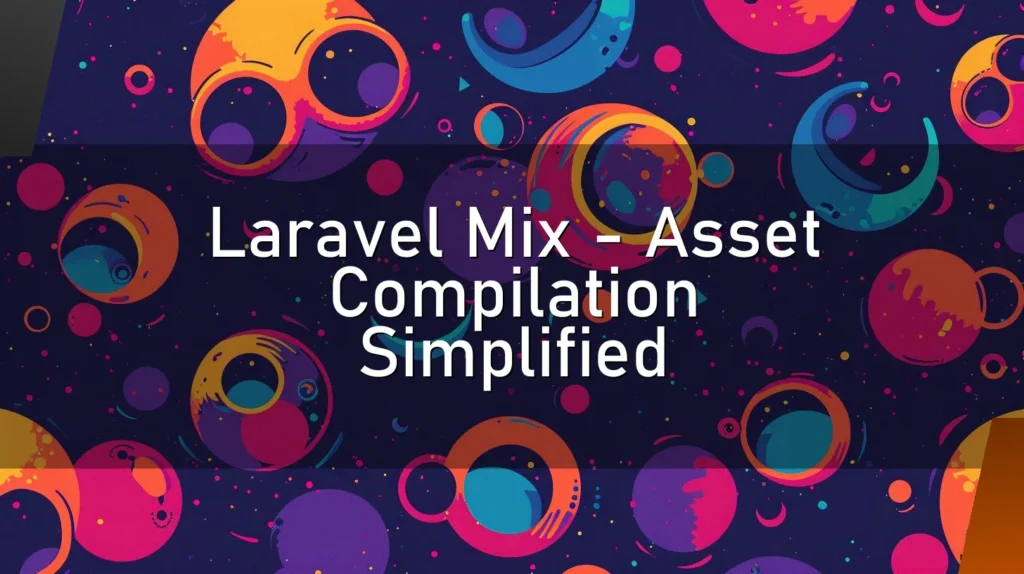Introduction
Welcome to our glossary entry on Library – A collection of pre-written code. 🚀 If you’ve ever wondered how programmers manage to get things done without typing out every single line of code from scratch, you’ve come to the right place! Libraries are to programmers what a bag of tricks is to a magician. 🌟
How a Nerd Would Describe
"A library is essentially a repository of pre-packaged functions and procedures, encapsulated within a modular framework, which can be invoked through an Application Programming Interface (API) to streamline the development process and avoid the redundancy of recreating commonplace code functionalities."
Translation: It’s a bunch of code that’s already written for you. 🧐
This Chapter is for a Simple but Concrete Explanation
Imagine you’re baking a cake 🎂. You could make everything from scratch, measuring out flour, sugar, butter, and eggs. Or, you could use a cake mix where most of the ingredients are already combined for you. A library is like that cake mix – it’s a set of pre-written code snippets that you can use to make your programming task easier.
🔍 Details
A library in programming is a collection of reusable code that can be easily imported into your projects. These chunks of code are designed to perform common tasks, such as handling dates and times, manipulating strings, or even building graphical user interfaces (GUIs). Libraries help you avoid reinventing the wheel 🛞 by providing tested, reliable functionality that you can integrate into your own projects.
Technical Jargon
- API (Application Programming Interface) – A set of rules and tools that allow different software applications to communicate with each other.
- Module – A file containing Python definitions and statements.
- Function – A block of code that performs a specific task.
- Procedure – Another term for a function, especially in older programming languages.
Other Similar Words Nerds Use
- Framework: A skeleton of pre-written code that serves as the foundation for a specific type of application, like web apps.
- Package: A bundle of libraries and tools grouped together for a specific purpose.
- SDK (Software Development Kit): A collection of tools, libraries, and documentation that helps developers create software for a specific platform.
👍 Correct Usage
Using a library correctly involves importing it into your project and calling its functions as needed. For example, in Python, you might write:
import math
print(math.sqrt(16)) # Output: 4.0In this case, we’re using the math library to find the square root of 16. 📐
🛑 Wrong Usage
A common mistake is trying to use a library function without properly importing the library first, leading to errors like:
print(math.sqrt(16)) # Error: NameError: name 'math' is not definedAnother pitfall is overusing libraries. Sure, libraries are great, but if you rely on them too much, you might end up with a bloated, inefficient program. 🐢
➕ Advantages
- Time-Saving: You don’t need to write code for common tasks from scratch, freeing up time for more complex problems. 🕒
- Reliability: Libraries are often well-tested and maintained, reducing the likelihood of bugs 🐛 in your code.
- Readability: Using standard libraries makes your code easier to understand for other developers who are familiar with those libraries.
➖ Disadvantages
- Dependency Hell: Relying on too many libraries can make your project difficult to manage. Think of it as trying to juggle too many balls 🏀 at once.
- Version Conflicts: Different libraries might require different versions of the same dependency, leading to conflicts.
- Overhead: Some libraries can be heavyweight, consuming more memory and slowing down your application.
⁉️ FAQ
What are some popular libraries?
- Python:
NumPy,Pandas,requests - JavaScript:
React,Lodash,Axios - Java:
Apache Commons,Google Guava
How do I choose the right library?
Look for libraries that are frequently updated and have good documentation. Check community reviews and ensure they’re compatible with your project.
Can I create my own library?
Absolutely! If you find yourself reusing the same code across multiple projects, packaging it into a library can save you time in the future. 🌟
👌 Conclusion
Libraries are the unsung heroes of the programming world. They save time, boost productivity, and help maintain clean, efficient code. However, like any tool, they come with their own set of challenges and should be used judiciously. Whether you’re a newbie or a seasoned coder, understanding and leveraging libraries can make a world of difference in your development journey. 🛤️
So next time you find yourself writing the same piece of code for the umpteenth time, remember: there’s probably a library for that. 📚







